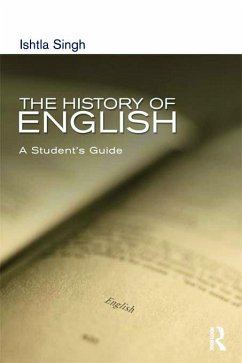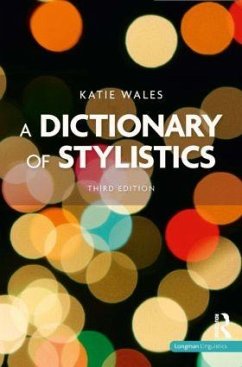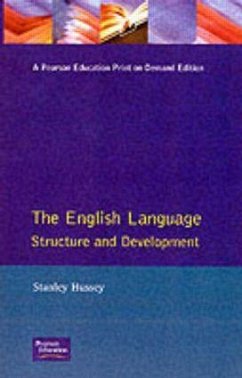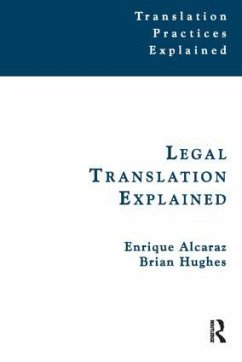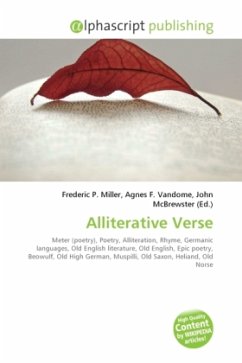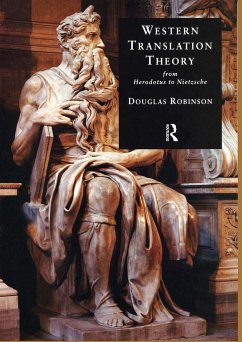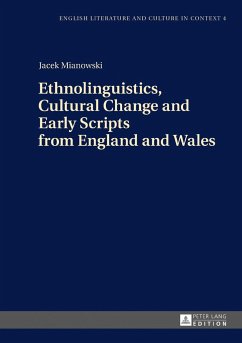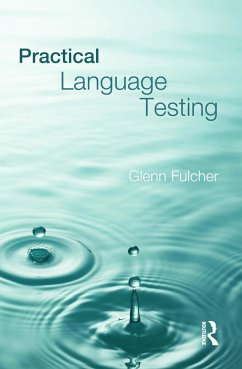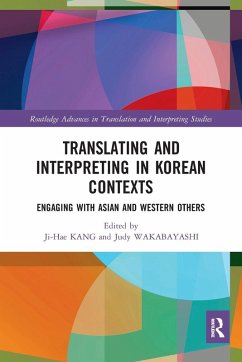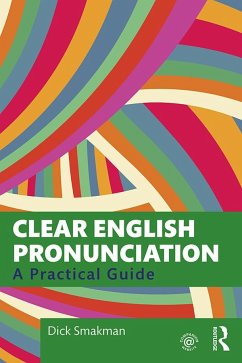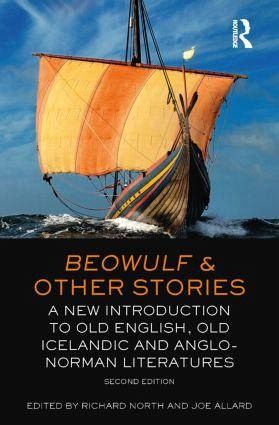
Beowulf and Other Stories
A New Introduction to Old English, Old Icelandic and Anglo-Norman Literatures

PAYBACK Punkte
19 °P sammeln!
Beowulf & Other Stories was first conceived in the belief that the study of Old English - and its close cousins, Old Icelandic and Anglo-Norman - can be a genuine delight, covering a period as replete with wonder, creativity and magic as any other in literature. Now in a fully revised second edition, the collection of essays written by leading academics in the field is set to build upon its established reputation as the standard introduction to the literatures of the time.Beowulf & Other Stories captures the fire and bloodlust of the great epic, Beowulf, and the sophistication and eroticism of...
Beowulf & Other Stories was first conceived in the belief that the study of Old English - and its close cousins, Old Icelandic and Anglo-Norman - can be a genuine delight, covering a period as replete with wonder, creativity and magic as any other in literature. Now in a fully revised second edition, the collection of essays written by leading academics in the field is set to build upon its established reputation as the standard introduction to the literatures of the time.
Beowulf & Other Stories captures the fire and bloodlust of the great epic, Beowulf, and the sophistication and eroticism of the Exeter Riddles. Fresh interpretations give new life to the spiritual ecstasy of The Seafarer and to the imaginative dexterity of The Dream of the Rood, andprovide the student and general reader with all they might need to explore and enjoy this complex but rewarding field. The book sheds light, too, on the shadowy contexts of the period, with suggestive and highly readable essays on matters ranging from the dynamism of the Viking Age to Anglo-Saxon input into The Lord of the Rings, from the great religious prose works to the transition from Old to Middle English. It also branches out into related traditions, with expert introductions to the Icelandic Sagas, Viking Religion and Norse Mythology. Peter S. Baker provides an outstanding guide to taking your first steps in the Old English language, while David Crystal provides a crisp linguistic overview of the entire period.
With a new chapter by Mike Bintley on Anglo-Saxon archaeology and a revised chapter by Stewart Brookes on the prose writers of the English Benedictine Reform, this updated second edition will be essential reading for students of the period.
Beowulf & Other Stories captures the fire and bloodlust of the great epic, Beowulf, and the sophistication and eroticism of the Exeter Riddles. Fresh interpretations give new life to the spiritual ecstasy of The Seafarer and to the imaginative dexterity of The Dream of the Rood, andprovide the student and general reader with all they might need to explore and enjoy this complex but rewarding field. The book sheds light, too, on the shadowy contexts of the period, with suggestive and highly readable essays on matters ranging from the dynamism of the Viking Age to Anglo-Saxon input into The Lord of the Rings, from the great religious prose works to the transition from Old to Middle English. It also branches out into related traditions, with expert introductions to the Icelandic Sagas, Viking Religion and Norse Mythology. Peter S. Baker provides an outstanding guide to taking your first steps in the Old English language, while David Crystal provides a crisp linguistic overview of the entire period.
With a new chapter by Mike Bintley on Anglo-Saxon archaeology and a revised chapter by Stewart Brookes on the prose writers of the English Benedictine Reform, this updated second edition will be essential reading for students of the period.




